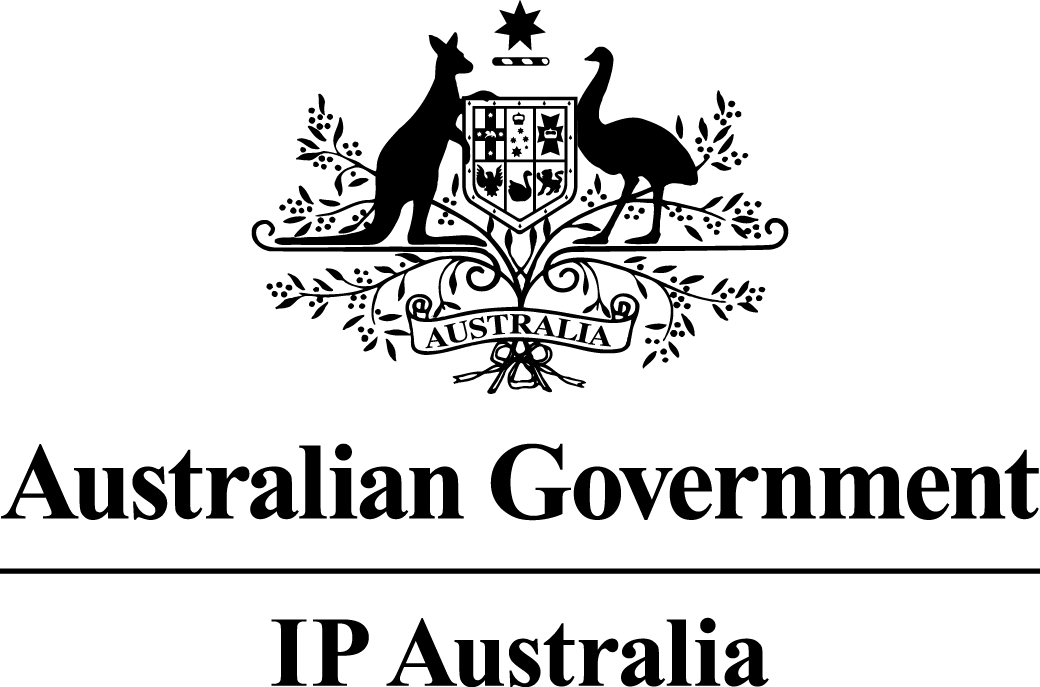
ABC is an aid for trade-funded initiative for the production and distribution of educational material for visually impaired people in the Indo-Pacific.
Project implemented: 2014
Improve educational and employment outcomes for visually impaired people in Indo-Pacific developing countries.
Australia is taking an international leadership role by showcasing how the use of aid for trade funding can directly improve the lives of the world’s most disadvantaged.
Partnering with Indo-Pacific not-for-profits to enable the production and distribution of accessible educational material.
Training in the latest accessible book production techniques is provided to government and not-for-profit agencies.
Case study:
In Sri Lanka, the DAISY Lanka Foundation (DLF) is using innovative solutions to break down barriers for students who are print disabled in acquiring books.
With the support of the Accessible Books Consortium, DLF was able to convert over 1,000 educational books into accessible formats in one year, an incredible accomplishment considering that similar NGOs produced approximately 100-200 books over the same period.
The difference is due to the agreement by commercial publishers in Sri Lanka to provide the DAISY Lanka Foundation with the electronic files of previously produced books. Traditionally, charitable organisations and not-for-profits have had to scan every page of hard copy books using OCR technology and then edit the scanned files to make them accessible.
Alternatively, organisations have used human narrators to record audio books. Both of these processes are resource intensive. Using the original electronic files provided by commercial publishers enabled DLF to convert books into accessible formats more efficiently and economically.
The Accessible Books Consortium (ABC) is an aid for trade initiative between the Australian Government and the World Intellectual Property Organisation (WIPO) that directly improves the educational and employment outcomes for visually impaired people in developing countries.
ABC provides training and technical assistance in the production and distribution of books in accessible formats by partnering with established, local not-for-profits in the Indo-Pacific region. ABC directly provides funding for the production of accessible educational materials in national languages at the primary, secondary and university levels.
The ABC seeks to ensure that the objectives of the landmark Marrakesh VIP Treaty become a practical reality on the ground. The Marrakesh VIP Treaty, which Australia has ratified, sets out the legal framework that makes possible both the production, as well as the transfer, of accessible books across national boundaries, in national languages. It has a clear humanitarian and social development dimension and its main goal is to create copyright legislation for the benefit of people who are blind, visually impaired or print disabled.

